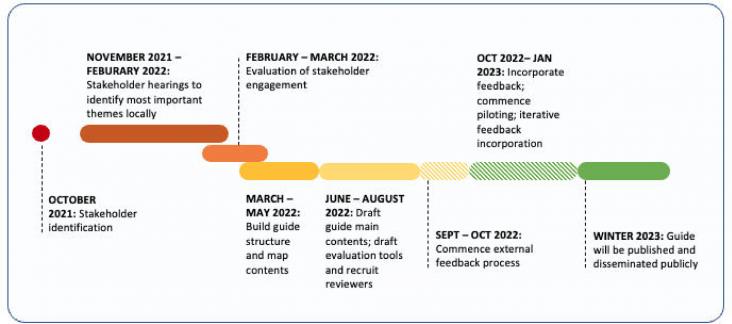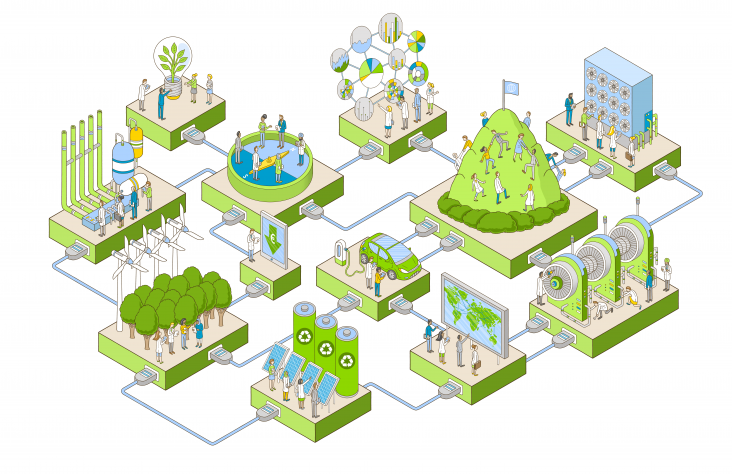
Sarah Perkins-Kirkpatrick, Donna Green, Chapter 2 - Extreme heat and climate change, Editor(s): Yuming Guo, Shanshan Li, Heat Exposure and Human Health in the Context of Climate Change, Elsevier, 2023, Pages 5-36, ISBN 9780128190807, https://doi.org/10.1016/B978-0-12-819080-7.00006-9.
Visualization Techniques for Climate Change with Machine Learning and Artificial Intelligence, 2023, pp 377-399


Rajkishore Nayak, Lalit Jajpura, Asimanda Khandual, 1 - Traditional fibres for fashion and textiles: Associated problems and future sustainable fibres, Editor(s): Rajkishore Nayak, In The Textile Institute Book Series, Sustainable Fibres for Fashion and Textile Manufacturing, Woodhead Publishing, 2023, Pages 3-25, ISBN 9780128240526, https://doi.org/10.1016/B978-0-12-824052-6.00013-5.
